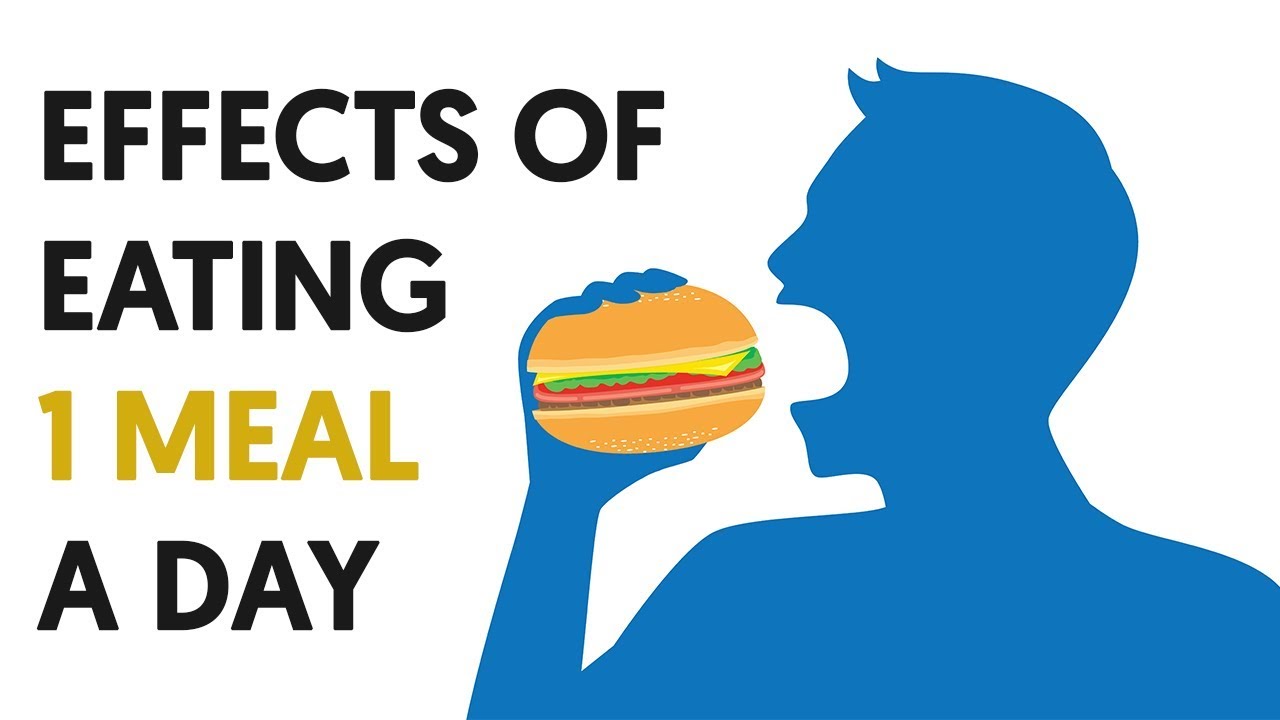
The National Weight Control Registry is an ongoing study of adults who have lost weight and maintained it. It aims to discover the factors that influence weight loss and weight maintenance. It is the largest prospective investigation of weight loss maintenance to date. Its results will provide information on the prevention, management, treatment, and cure of obesity. Drs. James O. Hill of the University of Colorado and Rena Wing of Brown Medical School.
Exercise beats restricting calorie intake
Whether you're trying to shed a few extra pounds or just stay in shape, exercise can boost your metabolism and make you feel better. But, exercise can be harmful to your health if done too frequently. Walking is a great form of exercise, even for beginners.
The mind and body are both benefited by exercise. It can improve your mood and sleep, and it can reduce stress and pain. It increases hormone levels and reduces stress. If you're short on time, try dancing or doing aerobics. You can fit in some exercise if you are busy like walking or dancing.

Better sleep quality
Recent research shows that people who get more sleep while losing weight have a higher likelihood of success. People who get good sleep have less fatigue, are more alert, and can complete more tasks. Better sleep quality can help improve your cardiovascular health. Weight management is an excellent way to improve your sleep quality and reduce your chances of developing cardiovascular problems.
Studies have shown that poor sleep contributes to obesity and can worsen cardiovascular disease. Poor sleep is also believed to increase the risk of developing cardiovascular disease. Poor sleep can lead to increased risk of heart attacks, strokes, high bloodpressure, and heart attacks. Sleep problems can also be linked to obesity, which can lead to many other health problems.
Morning chronotype
Research suggests that the chronotype can have an impact on a person’s metabolism and weight. Morning chronotypes are more active and evening chronotypes more sedentary. Each have their health advantages and disadvantages. Your health, productivity, and sleep may be improved if you know more about your chronotype.
It is important to pay attention to when you eat and what you aren't. Setting a time limit for your meals is crucial for weight control. It can lead to eating more than you need if you eat too late at night.

Dietary fat reduction
Although fat restriction is not proven to be beneficial for weight loss, it has been shown to have some benefits. In some cases, however, it can be helpful to reduce fat intake to maintain weight reduction. This can be achieved by either counting calories or limiting intake of fatty foods, or substituting low-fat foods to higher-fat options. Some studies have shown positive results regarding fat restriction's effect on weight loss. Miller and Lindeman conducted a 1995 study to examine this effect.
A macronutrient, dietary fat, is vital for a healthy diet. Research has shown that dietary cholesterol helps to absorb vitamins and other nutrients. The National Academy of Sciences recommends a diet that includes 20 to 35% of fat.
FAQ
How to Lose Weight?
Losing weight is one of the most popular goals among people who want to look good. The main reason why people want to lose weight is that they want to feel healthier and live longer. There are many ways to lose weight, and there are different types of exercises. These include strength training, cardio training, yoga and pilates. Each exercise has its advantages and disadvantages. Walking would be the best exercise if you are trying to lose weight. If you want to build muscle mass and burn calories, however, lifting weights is the best option. This article will explain how to lose fat and what exercise to do.
What kind of diet plan should you follow when trying to lose weight? There is no need to eat less; you can eat fewer processed foods, and avoid junk food. It is recommended that you consume at least 2200 calories daily. To lose weight quickly, you need to reduce your calorie intake. You will lose fat faster this way.
If you want to know how to lose weight fast, you should start exercising. Exercise helps you burn calories and increase metabolism. A healthy diet and exercise are key to losing weight. Exercise can reduce your energy consumption, which means you won't be as able to eat as often. If you work out regularly, you will notice that your body starts burning fat faster than before. Regular exercise is a great way to keep fit and healthy. They help you stay active and prevent diseases such heart disease, diabetes, obesity, hypertension, among others.
Walking is a great way to exercise. Walking burns around 500 calories per hour. If you walk 30 minutes every day, you will burn around 1500 calories. This will result in a loss of 1 pound per week. You can also run for 10 minutes or jog. Running burns about 1000 calories per hour. If your goal is to lose 5 pounds in 3 weeks, you should run for 20 minutes three times a week.
It is important to combine healthy eating habits with exercise to lose weight. You should find a balance of these two elements.
What's the difference between intermittent fasting versus calorie restriction
Calorie restriction means eating less calories than your body requires. Intermittent fasting differs from other types of intermittent fasting in that it does not restrict calories. Instead, the emphasis is on eating fewer calories each day.
Intermittent fasting is more effective because it allows you to enjoy foods you love without feeling guilty.
Each method has its pros and cons. It is up to you to decide which method you prefer.
What is the best time to do Intermittent fasting in order to lose weight
The answer may not be as straightforward as you think. For optimal fat loss, you need to take into account many factors. These factors include:
-
Your age. If you are younger than 40, intermittent fasting might be too difficult because you have less time for recovery after each fast. If you are older than 60, you might find it difficult to maintain a prolonged period of daily fasting.
-
Your current body composition. Longer periods of fasting are more beneficial if you have a lot muscle mass. For those with less muscle mass, however, you may be able to benefit from shorter fasting times.
-
How physically active you are. To ensure adequate rest between workouts, you might need to extend your fasting period if you exercise frequently.
-
Your medical history. Extra fasting may be necessary for people who have heart disease, diabetes, cancer, or other medical conditions.
-
What is your tolerance for stress? Stress can often lead to us eating more. To avoid this problem, you may need to increase the length of your fasting windows.
-
Which type of diet you choose. Certain diets, like ketogenic diets, may require even longer fasting periods.
-
The quality of your sleep. Lack of sleep has also been linked to increased appetite and decreased metabolism. Therefore, it may take some experimentation before determining what works best for you.
-
Your daily intake of protein. A higher intake of protein may result in lower blood sugar levels. This would allow you to fast for longer periods of time.
-
It doesn't matter if you want to gain or lose fat, those who are trying for weight gain will often require longer fasting periods.
-
What proportion of calories do your fasting hours allow you to consume? Fasting for fewer calories per days may lead to greater fat loss than fasting with more calories.
-
Your overall fitness level. Faster people are more likely to be fit, and burn more calories during the day.
-
Your gender. Men typically have larger appetites than women, so they may need to fast for slightly longer periods of time. Women generally have smaller appetites, so they may only need to fast for about 20-30 minutes every morning.
-
Your lifestyle. Do you exercise a lot? Do you workout several times each week? Do you work at a desk all day? These factors can impact how fast you should be moving.
-
How much money are you willing to spend on food? Eating healthy foods doesn't necessarily mean spending much money on groceries. You can save money by buying whole grains instead of white bread, fruits instead of candy bars, and lean meats instead of fatty cuts.
-
It is vital that you control your hunger. If you don't want to skip meals, you might not need to fast as long as other people do.
Statistics
- It's estimated that half of all American adults attempt to lose weight every year (1Trusted (healthline.com)
- Another study found that 24 weeks of weight training led to a 9% increase in metabolic rate among men, which equated to burning approximately 140 more calories per day. (healthline.com)
- Among women, the increase in metabolic rate was nearly 4%, or 50 more calories per day (14Trusted Source (healthline.com)
- According to Harvard Health, it's estimated that a 155-pound (70-kg) person burns roughly 112 calories per 30 minutes of weight training (5). (healthline.com)
External Links
How To
How to Intermittent Fasting
Intermittent Fasting is a method of dieting where you only eat one meal per week, typically Monday through Friday. The idea behind this is to reduce your overall calorie intake while still getting adequate nutrition. This helps you lose fat more quickly than if it were your normal meals for the entire week.
The most popular form of IF is to limit calories to certain days. This would mean that you skip breakfast each morning, and then eat whatever food you like throughout the day. It is possible to choose to have three smaller meals each day, rather than two large.
You can choose from many different types of intermittent fasting such as alternate day fasting (alternative day fasting), 5/2 fasts (8/4 fasts), 16/8 fasts, and so on. There are pros and cons to each type of intermittent fasting. Alternate Day Fasting is the easiest to begin because you don’t have to make significant changes in your life. But, there are some people who find it hard to follow such a strict schedule. These people might prefer to try different methods.
If you are interested in starting an intermittent fasting regime, I recommend beginning with alternate-dayfasting. This will allow for gradual transition to more extreme fasting without having to change your lifestyle.